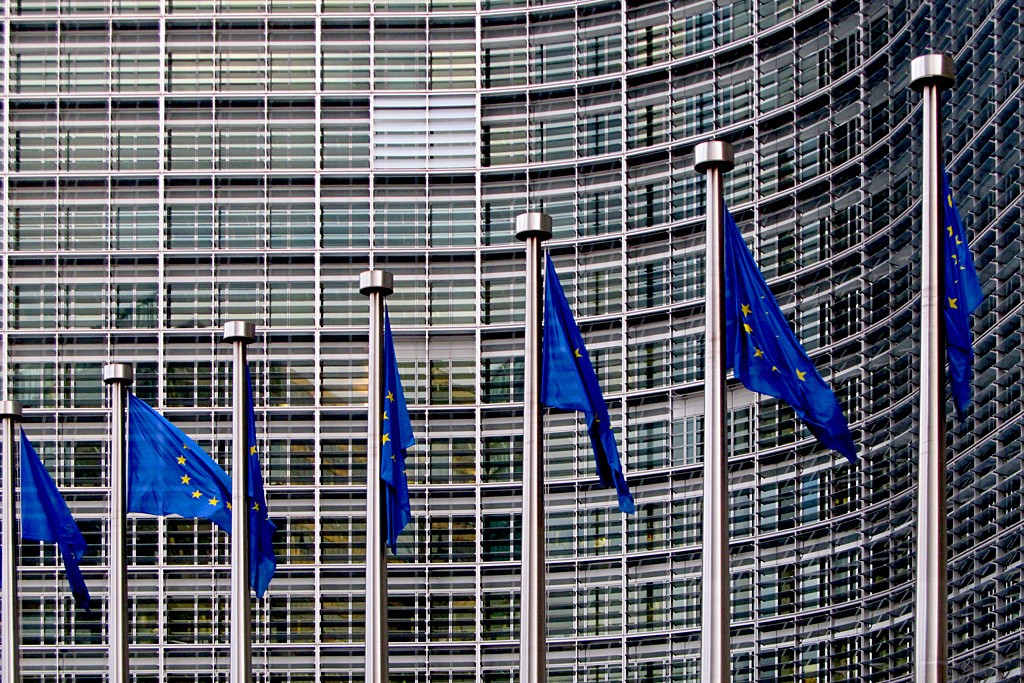EGEC: Geothermal energy a key source for the EU’s clean energy transition
In a release, the European Geothermal Energy Council commends the European Council and the European Parliament in their recognition of the essential role of geothermal energy in the European energy transition, particularly for the de-carbonization of the heating and cooling sector.
Yesterday, the European Parliament voted in its Plenary session in Strasbourg three key files of the Clean Energy Package: the Renewable Energy Directive, the Energy Efficiency Directive and the Governance of the Energy Union Regulation. In a release, the European Geothermal Energy Council (EGEC) has released its comments positively welcoming the outcomes of the vote for the clean energy transition.
EGEC sees Geothermal as a key source for the EU’s clean energy transition.
The European Parliament proved ambitious and consistent with the objectives of the Paris agreement while voting on the Renewable Energy Directive, the Energy Efficiency Directive and the Governance Regulation this Wednesday.
The vote sets high-reaching renewable energy and energy efficiency targets to 2030, accompanied by a sound governance framework to guarantee they are achieved, enabling the EU to stay in line with its climate and energy objectives and supporting the deployment of geothermal energy.
“Trialogue must now align to the highest bidder, the Parliament, if the EU is ever to be World leader on renewables” commented Philippe Dumas, EGEC Secretary General.
The text adopted by the EU Parliament proposes a strong framework that provides the necessary investment certainty and security for investors in renewable energy projects. This is a key provision to allow a robust, innovative and competitive European geothermal industry. It may eventually lead to the development of an industrial strategy in which the versatile geothermal sector contributes to the just energy transition, also in consideration of Europe’s latest actions in this sense such as the Platform for Coal Regions in transition.
However, “These positive messages to investors, consistent across Commission, Council and Parliament, must now be acted upon. The upcoming review of the State Aid Guidelines on energy and environment and those on Innovation must be aligned with the texts of the Clean Energy Package,” noted Philippe Dumas.
The European Parliament also built on the European Commission’s proposal for the de-carbonization of the heating and cooling sector, setting ambitious objectives for the mainstreaming of renewable technologies. The adopted text however fails to set a binding measure, barely compensating with a reporting obligation.
“The European Parliament sets the cursor on the right place for renewables in heating and cooling, but the guardrails are fickle. The rapporteur will have to make sure this is not weakened when negotiating with Council and Commission,” underlined EGEC’s Secretary General.
Although they differ on the ambition level displayed, the European Council and the European Parliament both do recognize geothermal energy’s essential role in the European energy transition. Provisions supporting geothermal technologies as a solution for the de-carbonization of the heating and cooling sector, in district heating, services or industry uses, or as the most efficient type of heat pumps, are in line with the needs of the sector. European regulations must however also endorse the role of geothermal and other flexible renewable sources in stabilizing and decarbonizing the electricity system.
“The Electricity Market Design must reflect the Renewable Directive’s acknowledgement of differences between renewable energy sources and technology. This means setting the relevant framework for the deployment of flexible renewable generation, such as geothermal electricity, which provides extensive system benefits” concluded Philippe Dumas.
Source: EGEC press release


















